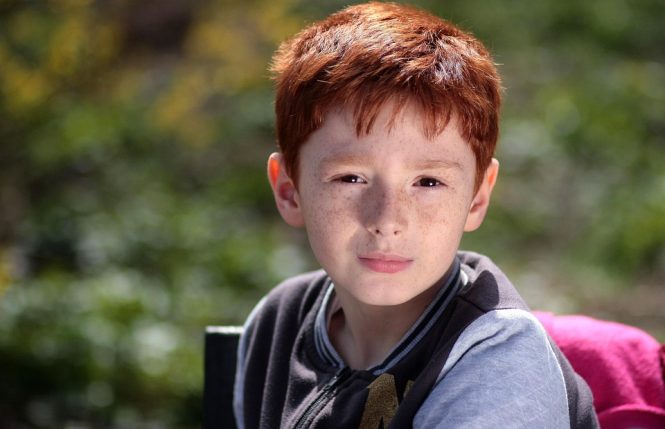
The Lowdown on Laser Therapy: Can it Really Reverse Hair Loss?
Hair loss is a common problem that affects millions of people worldwide, causing frustration, low self-esteem, and a significant impact on overall quality of life. While there are various treatment options available, including medication, surgery, and hair transplantation, a growing number of individuals are turning to laser therapy as a potential solution. But can laser therapy really reverse hair loss? In this article, we’ll delve into the lowdown on laser therapy and explore its efficacy in treating hair loss.
What is Laser Therapy?
Laser therapy, also known as photobiomodulation (PBM) or low-level laser therapy (LLLT), is a non-invasive, pain-free treatment that uses low-level laser or light-emitting diodes (LEDs) to stimulate hair growth. The therapy works by increasing blood flow to the scalp, promoting the growth of new hair follicles, and strengthening existing ones. The process involves the use of a device that emits a specific wavelength of light, typically in the red or near-infrared spectrum, which is absorbed by the cells in the scalp.
How Does Laser Therapy Work?
The exact mechanism of laser therapy is not fully understood, but research suggests that it works by:
- Increasing blood flow: Laser therapy increases blood flow to the scalp, which enhances the delivery of oxygen and nutrients to the hair follicles.
- Stimulating hair growth: The low-level laser or LED light stimulates the hair growth cycle, promoting the transition from the resting phase to the growth phase.
- Enhancing hair follicle health: Laser therapy strengthens the hair follicles, making them more resistant to hair loss and improving the overall health of the scalp.
Types of Laser Therapy Devices
There are several types of laser therapy devices available, including:
- Caps and helmets: These devices are wearable and resemble a helmet or cap. They are designed for home use and can be worn for 15-30 minutes, several times a week.
- Handheld devices: These devices are portable and can be used to target specific areas of the scalp.
- Clinical devices: These devices are used in clinics and salons and are typically more powerful than home-use devices.
Does Laser Therapy Really Work?
While laser therapy has gained popularity as a hair loss treatment, the evidence is still emerging. Some studies have shown promising results, with patients experiencing significant improvements in hair density, thickness, and growth. However, other studies have reported mixed results, and more research is needed to fully understand the efficacy of laser therapy.
A 2013 study published in the American Journal of Clinical Dermatology found that low-level laser therapy increased hair density by 35% in men with androgenetic alopecia. Another study published in 2017 in the Journal of Cosmetic Dermatology found that laser therapy improved hair growth and reduced shedding in women with female pattern hair loss.
Potential Benefits and Risks
While laser therapy is generally considered safe, there are some potential benefits and risks to be aware of:
Benefits:
- Non-invasive and pain-free
- No downtime or recovery period
- Can be used in conjunction with other hair loss treatments
- May promote hair growth and strengthen existing hair follicles
Risks:
- Limited scientific evidence to support its efficacy
- May not work for everyone
- Can be expensive, especially for clinical-grade devices
- May cause temporary side effects, such as redness or itching
Conclusion
Laser therapy is a promising treatment option for hair loss, but the evidence is still emerging. While some studies have reported significant improvements in hair growth and density, more research is needed to fully understand its efficacy. If you’re considering laser therapy, it’s essential to consult with a healthcare professional or dermatologist to discuss the potential benefits and risks and determine if it’s right for you. Additionally, it’s crucial to be patient and persistent, as laser therapy may take several months to produce noticeable results. With the right device, consistent use, and realistic expectations, laser therapy may be a valuable addition to your hair loss treatment plan.